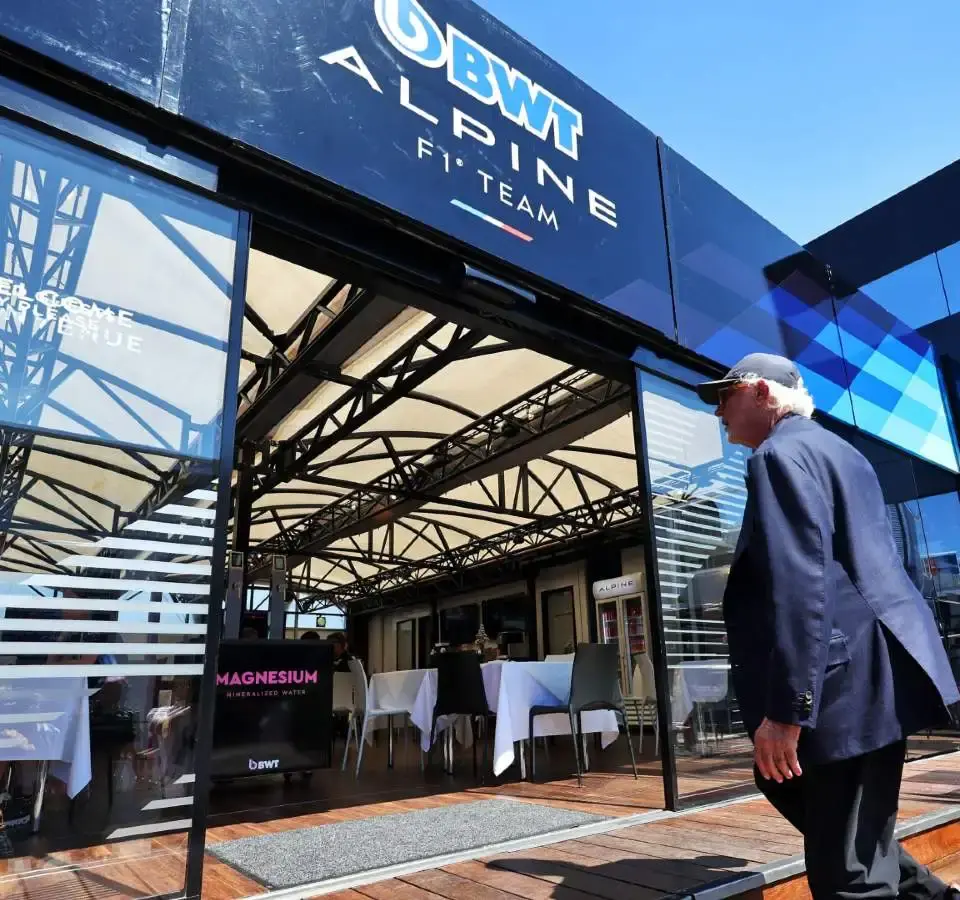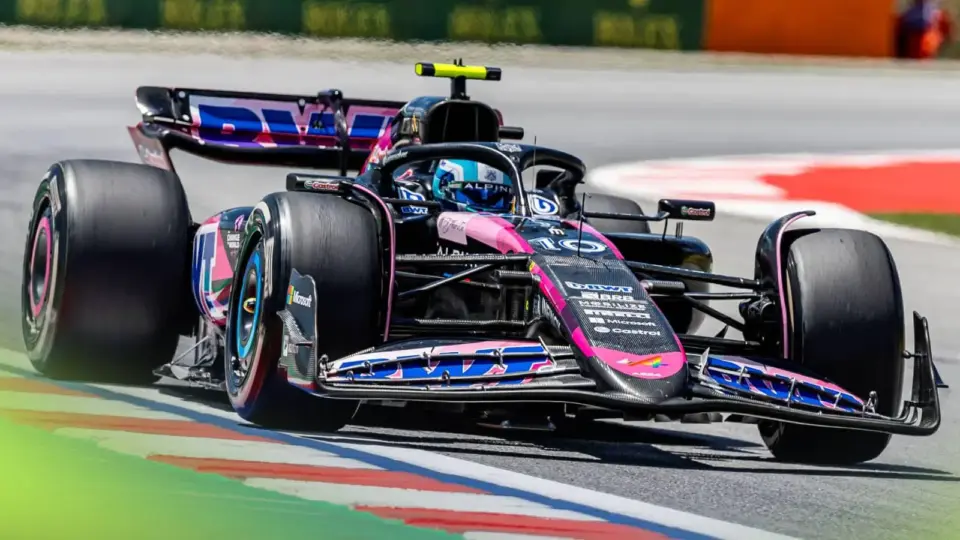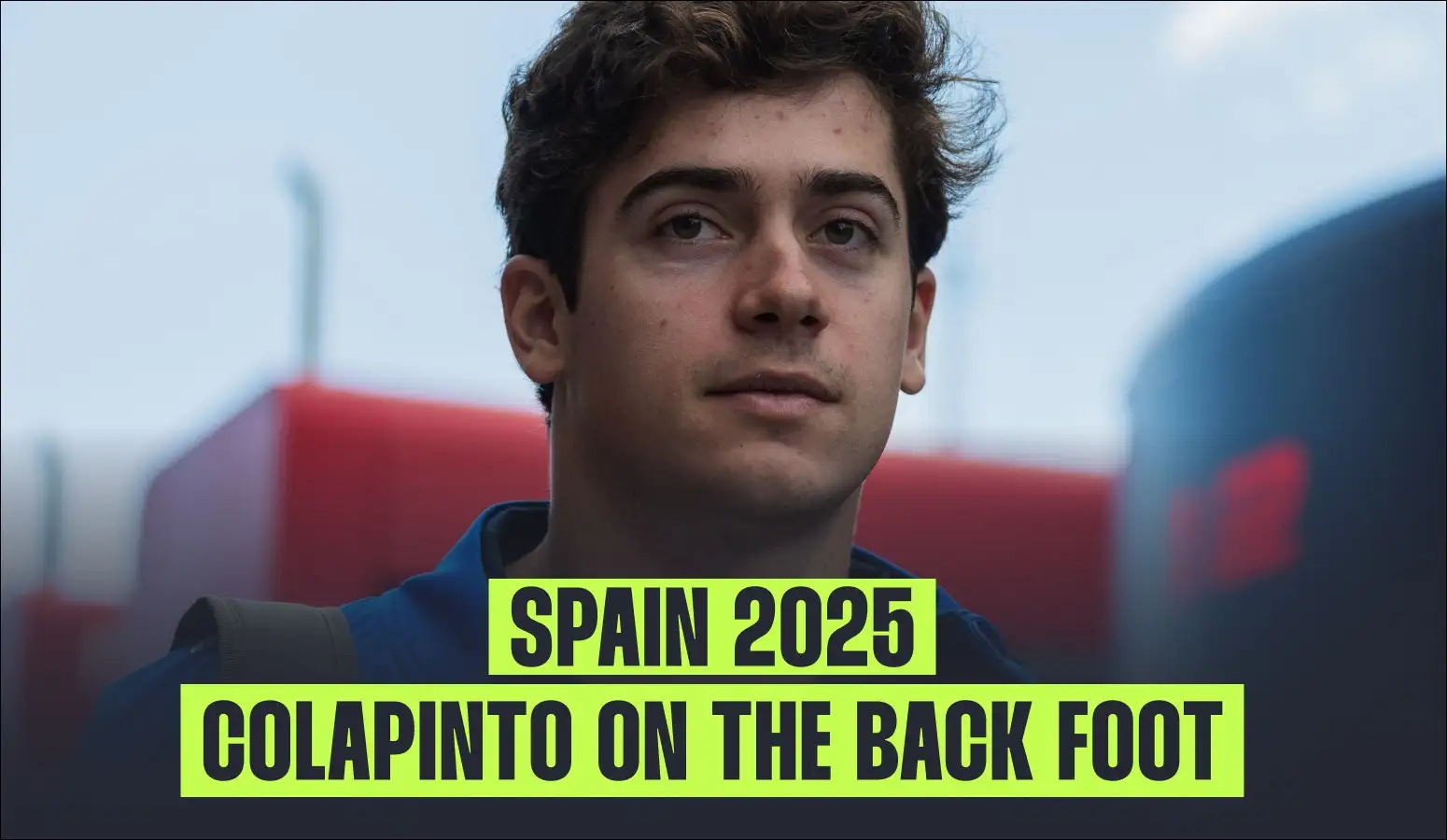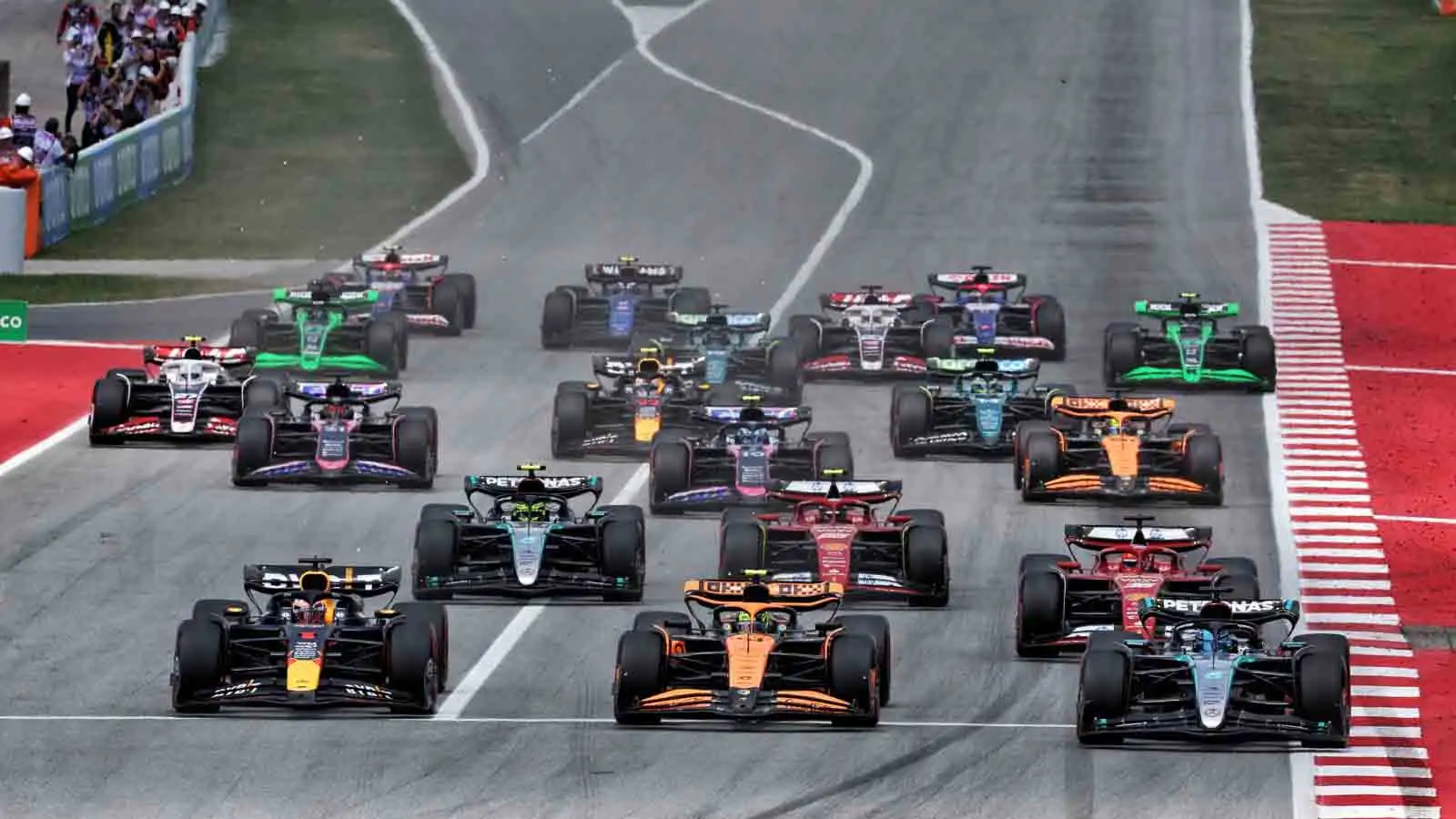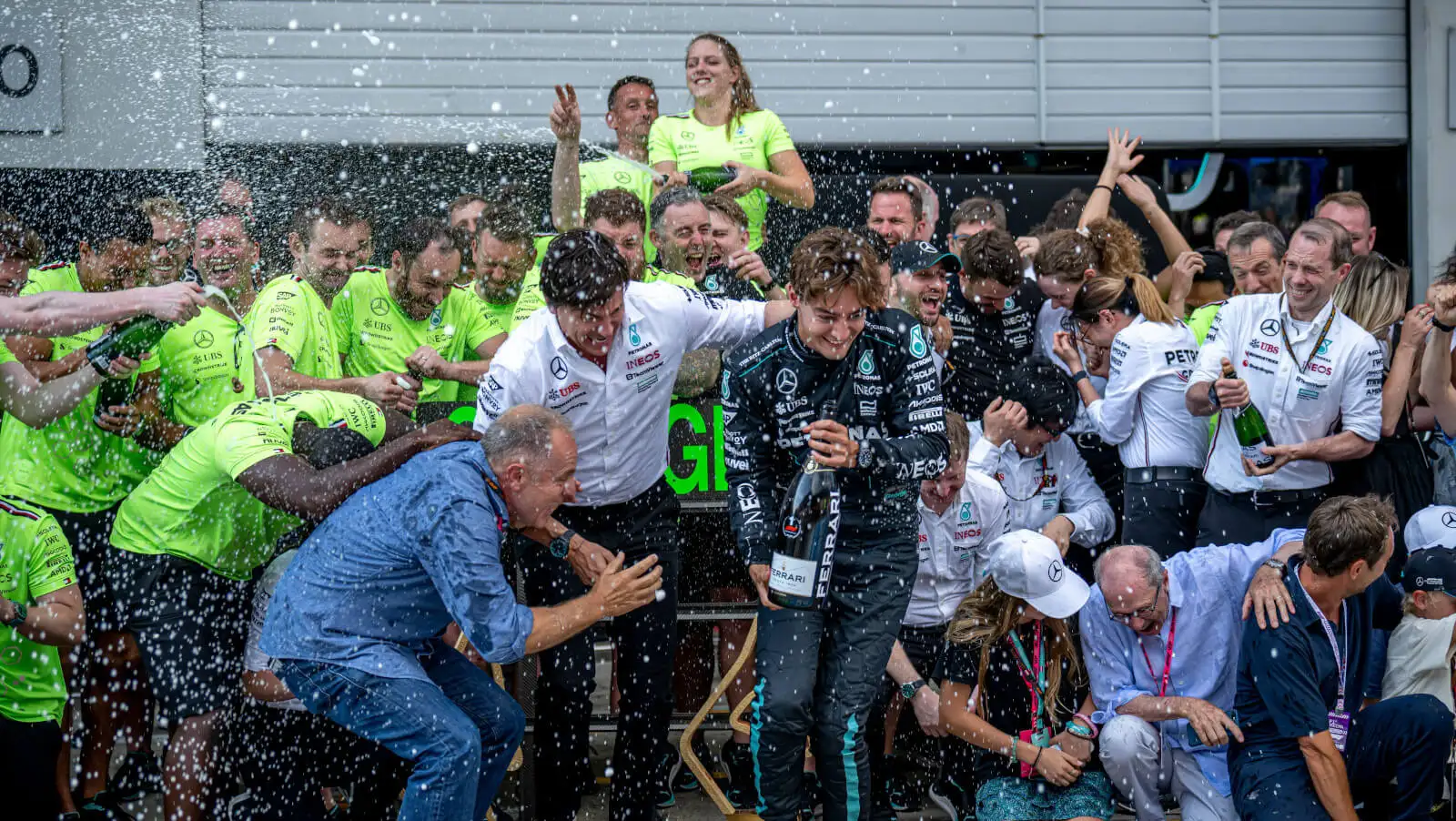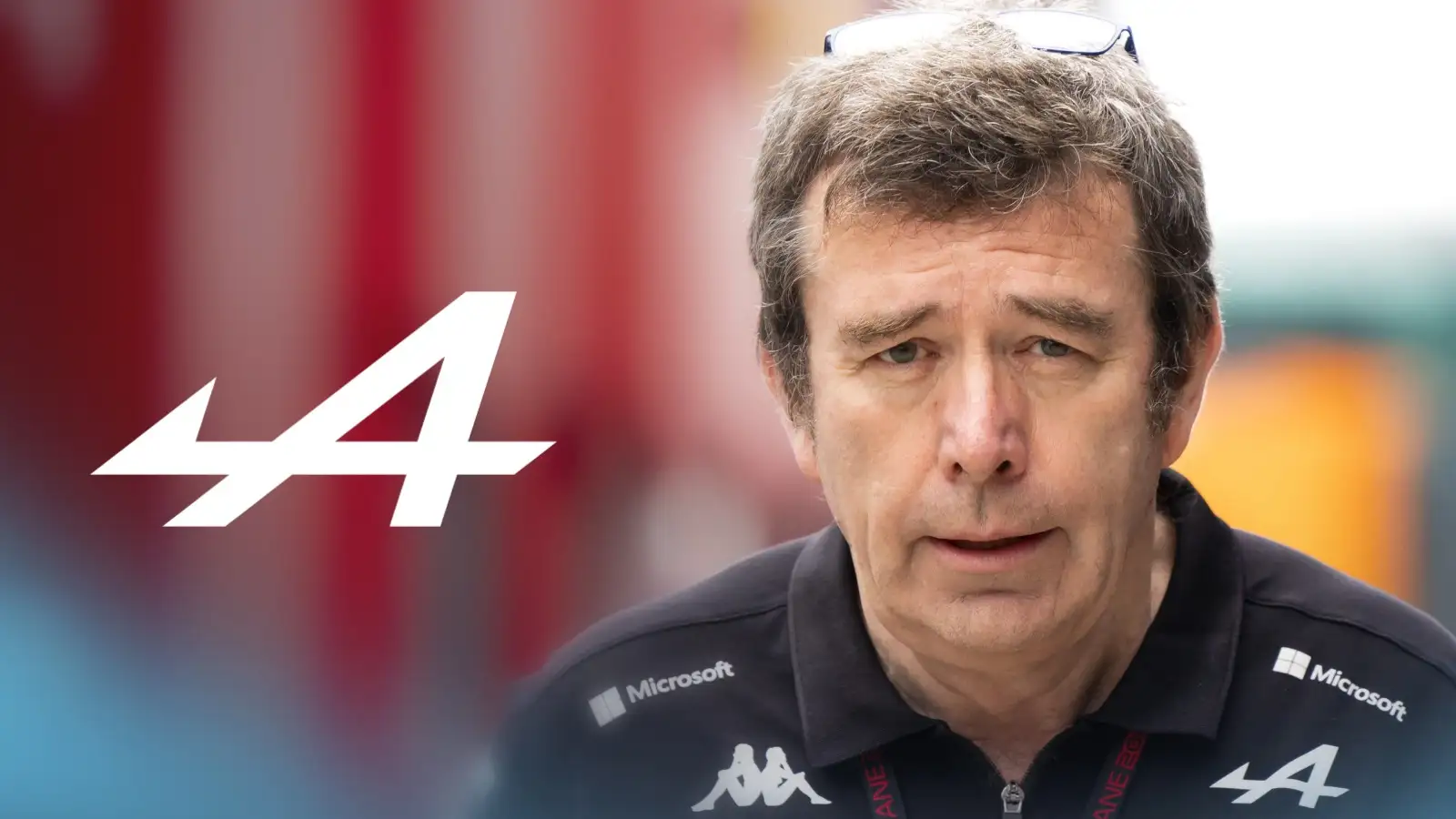Alpine has stirred the F1 world by bringing back the controversial Flavio Briatore, igniting lively discussions.
- Briatore’s storied yet scandalous past in F1 includes notable successes and major controversies.
- His notorious involvement in the ‘Crashgate’ scandal led to a lifetime ban, later overturned.
- Despite past controversies, Alpine sees Briatore as key in scouting top talent and strategic planning.
- This move comes amid a backdrop of changes within Alpine’s F1 operation, including potential engine supplier shifts.
Alpine recently made headlines with the appointment of Flavio Briatore to an executive position within their Formula 1 division. This controversial figure is known for his past achievements and scandals, making his return a topic of lively debate. His long history with F1, especially with teams like Benetton and Renault, brings both illustrious victories and notorious controversies, notably the ‘Crashgate’ scandal.
Briatore’s F1 journey commenced with significant victories, like luring the legendary Michael Schumacher to Benetton in the early 1990s and clinching multiple championships. However, his controversial maneuvers, including rigged gambling games and the infamous ‘Crashgate’ – where he orchestrated a deliberate crash to advantage his team – overshadowed his triumphs. This scandal led to his lifetime ban from F1, a decision that was later overturned after a legal battle.
Alpine’s choice to reinstate Briatore has not been without criticism. Many question the decision to rehire someone with such a controversial past, especially after the orchestrated crash that changed the perception of fair play in the sport. The rationale seems to lie in Briatore’s skills in talent scouting and strategic inputs, areas Alpine hopes to bolster as they navigate upcoming transitions, including driver lineup and possibly engine supplier changes.
Interestingly, Briatore’s return coincides with Renault’s partnership in creating the HORSE Powertrains project for hybrid technologies. Rumors swirl about Alpine’s potential departure from Renault’s power units, amid speculations of securing a Mercedes power supply. This strategic realignment may be aimed at positioning the team better for future success, even as it raises questions about the leadership choices amidst turmoil.
Comments from Alpine’s team and management suggest that past controversies are being overlooked in favor of potential benefits from Briatore’s vast experience and network in the F1 world. The steps Alpine is taking, including bringing in Briatore, appear to be strategic moves designed to enhance competitiveness. The team’s leadership seems willing to leverage his experience, despite the risks, in an effort to accelerate their growth.
Alpine’s gamble on Briatore’s expertise signals a bold strategy to reshape their future in F1, despite his controversial legacy.
